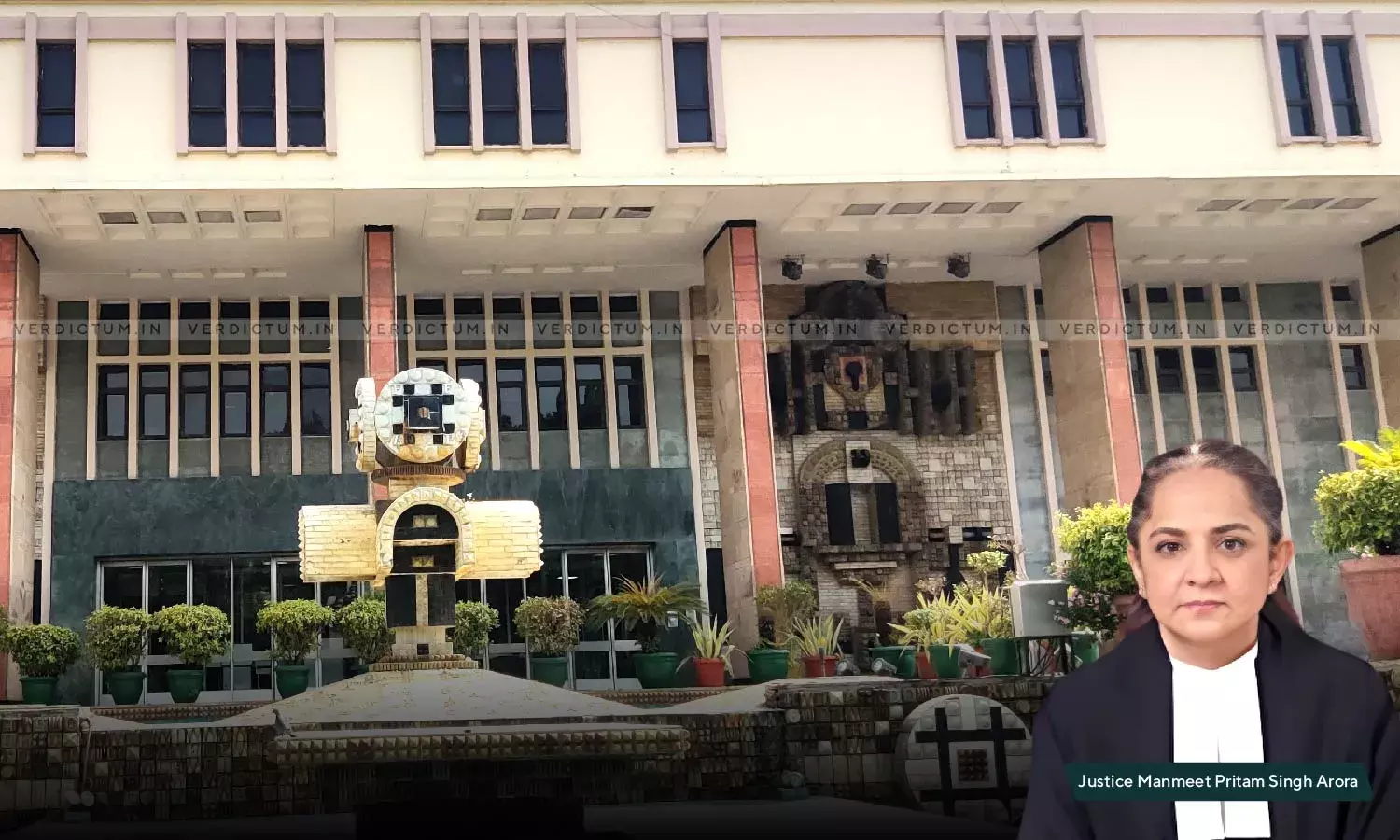Should Plaintiff Show His Independent Subsisting Title To Maintain A Suit For Reliefs Pertaining To Immovable Property? Delhi HC Explains
The Delhi High Court observed that, to maintain a suit for reliefs pertaining to immovable property, the plaintiff would ordinarily have to show his independent subsisting title in the immovable property.
The court also noted that there are two exceptions to this rule.
In that context, the Bench of Justice Manmeet Pritam Singh Arora observed that, "To maintain a suit for reliefs pertaining to immovable property, the plaintiff would ordinarily have to show his independent subsisting title in the immovable property. There is an exception to this rule, wherein, a person in established possession of land has been held to have a good title against all the world but the rightful owner. Consequently, a trespasser, who is in settled possession of the immovable property can maintain a suit for injunction against a party seeking to interfere in his possession. This exception is founded on the principle that no person should be dispossessed except in accordance with due process of law."
Counsel LK Singh appeared for the appellant, while Counsel RK Shukla appeared for the respondents.
In this case, the parties were disputing ownership and management rights over a land parcel acquired by the government. The plaintiff claimed his father was the recorded owner, while the defendant contested, asserting possession and the finality of a judgment from 1976. The Trial Court, in 2011, ruled against the plaintiff, and the First Appellate Court upheld this decision in 2017.
In appeal, the court noted that ordinarily, the plaintiff has to show his independent subsisting title in a suit seeking reliefs pertaining to immovable property.
The court noted one exception to this rule: "A person in established possession of land has been held to have a good title against all the world but the rightful owner. Consequently, a trespasser, who is in settled possession of the immovable property can maintain a suit for injunction against a party seeking to interfere in his possession. This exception is founded on the principle that no person should be dispossessed except in accordance with due process of law. "
But the court said that this exception is not attracted to the facts of this case, since admittedly the plaintiff herein is not in established possession of the suit land.
The Court noted that another exception which enables a plaintiff who does not have title to maintain a suit for an immovable property is found under Section 116 of the Evidence Act, which prevents a tenant and/or a licensee from denying the title of the landlord and/or the licensor. The Court observed that, "This exception is founded on the doctrine of estoppel and is statutorily recognised in the Act of 1872. To attract this principle, the plaintiff has to prove the existence of the relationship of landlord and tenant or licensor and licensee with the defendant no.1. In the facts of this case, the plaintiff has been unable to prove the existence of the relationship of licensor and licensee between the parties to the present suit; and therefore, this exception is also not attracted."
In light of the same, the Court upheld that the plaintiff had no right, title or interest in the suit land, and therefore, the suit was not maintainable. Accordingly, the appeal was dismissed.
Cause Title: Shiv Prakash vs Mool Chand & Ors.
Click here to read/download the Judgment




